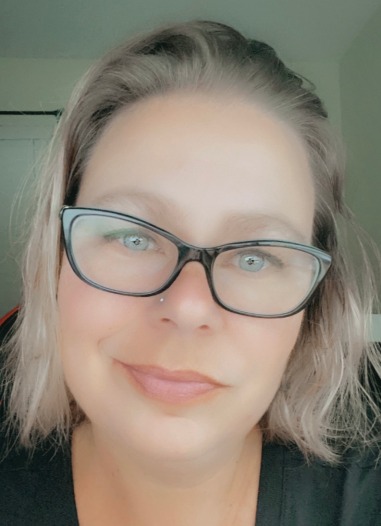What Comes Next?
- Jennifer

- May 25, 2021
- 3 min read
Updated: Jan 7, 2023
Now that you have the basics for where to start your journey, the question becomes "what can I do with all of this info"! There are several paths you can take, like I said in my previous blog, I chose to help people through education and formulating products that actually work, through plants only.

But let's look at what you COULD do with the knowledge (from easiest to hardest):
1) Use the information for your family and friends, and incorporate all of it into your own routine, free of having to purchase mass produced products, including basic food needs and herbal remedies.
2) Educate others - that alone if you are well versed in plants and their properties is invaluable to share with others.
3) Start a business out of it - there are thousands of herbalists who have apothecary shops all over the world (if I am being honest, hundreds of thousands) and that number will only grow in size and popularity due to the need, especially now with people desperately looking to get away from the norm and go more natural.
4) Become a registered herbalist or a naturopath, they will too be more and more in demand!
You have to start with the training and the knowledge first, and that is where I highly recommend getting some official schooling in the field behind you. One thing I see a lot of herbalists do is claim they are "certified herbalists" because they got an introductory course certificate in the field and have the most basic of knowledge. The issue with that is, there is no official title "certified herbalist" that is recognized (at least not in the US), remember, big Pharma doesn't want that, so they won't allow it. You can get the registered herbalist title by going through the American Herbalist Guild, which is the authority on herbalism training and what a lot of schools prepare their curriculum based on, but it's very in depth, and part of that certification is that you have to work along side a doctor for a period of time. You can look into the criteria here.
I have spoken to a few doctors about their nutrition training and was shocked to find out there isn't much in terms of education when it comes to this topic in their medical school training. Have you ever been to a doctor with ten different symptoms you think are all due to the same thing and are referred to a specialist for one area of where your symptoms are? For instance, you have a leg cramp, but also a pain in your stomach - they refer you to a GI doctor right? Well, in herbalism, we are taught that each and every issue is separate of the other unless it's clear through exclusion that they are all related to one another. There is a clear difference in teaching and how we handle things. Now, this is not to sway you from seeing a doctor, but the term "google doctor" started for a reason, and it was out of frustration with the doctors themselves - worst part is, it's not even their fault! They aren't required to do much in terms of continuing education, every state has their own rules and requirements, some as little as 15 hours a year, some as high as 50, but I guarantee you herbalists (the serious ones) do about 5-10 hours a week MINIMUM to read on plants and research things. Big difference.
Now that we have the overall basics covered, next we will start to deep dive into beginner herbs, how to use them and do some experimenting, so make sure you are signed up to receive notifications!




Comments